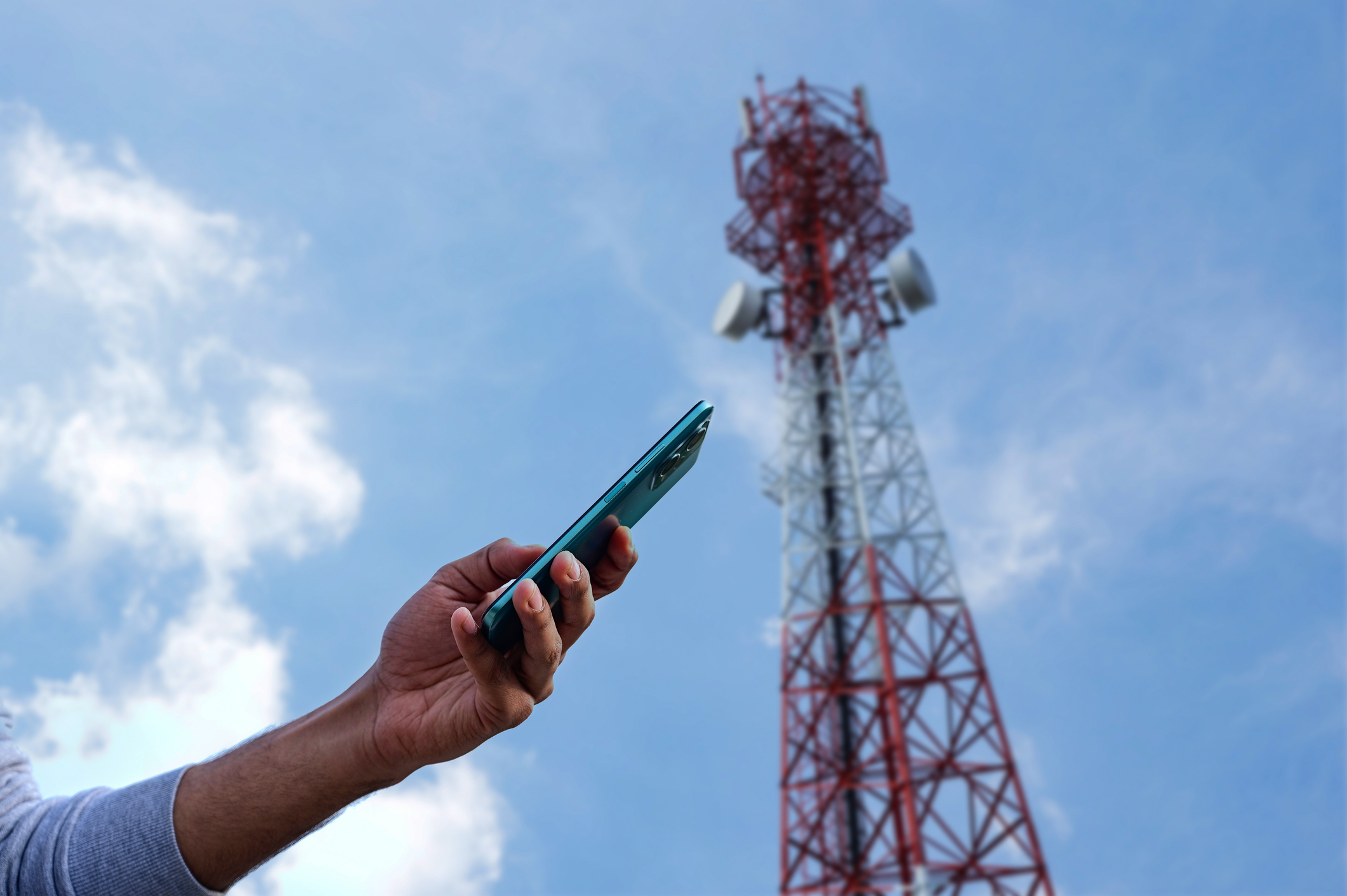UK still lags behind other countries in 5G connectivity
Previous government policies are deterring the private sector from investment, says the Social Market Foundation


The UK ranks last of 15 countries on both 5G availability and download speeds, despite both the previous and present governments repeatedly stating ambitions to improve.
A new paper from the cross-party think tank Social Market Foundation (SMF) found that UK users are receiving 5G coverage just 8% of the time – compared with 43% in India, 38% in South Korea, and 31% in the US. Only Japan and New Zealand have lower availability, at 7%.
Download speeds, meanwhile, put the UK at 21st out of the 25 countries at 118Mbps. South Korea hits 437Mbps, by comparison, with India at 281Mbps and New Zealand at 260Mbps.
"It is concerning that the UK is at rock bottom among several emerging and developed economies on 5G connectivity," said Richard Hyde, senior researcher at the SMF. "Until it changes, this will continue to be a significant hindrance to the government's growth agenda, by denying us major productivity increases, which widespread 5G can help deliver."
The report shows that there's been little improvement over the last couple of years, with research from Ookla in 2022 showing the UK well down the 5G performance rankings with speeds half those of Norway, Saudi Arabia, and a third of those in the UAE. This is despite the last government's stated aim in 2023 to have nationwide standalone 5G coverage in all populated areas by 2030, as part of its Wireless Infrastructure Strategy.
Since then, minister for data protection and telecoms Chris Bryant has committed to improving the UK's digital infrastructure as a key enabler for economic growth, in his speech to Connected Britain 2024. Which was welcomed by the SMF.
"It is reassuring that the government has recognized the importance of infrastructure to growth, but there are a range of obstacles that will need to be addressed to ensure 5G mobile can play its role in contributing to growth," said Hyde.
Sign up today and you will receive a free copy of our Future Focus 2025 report - the leading guidance on AI, cybersecurity and other IT challenges as per 700+ senior executives
The SMF suggests that there's great scope for the private sector to invest more in next-generation mobile connectivity – but that factors including previous policies towards the mobile telecoms sector have unintentionally been hindering investment.
RELATED WHITEPAPER

For example, it says, that measures aimed at making it cheaper for mobile network operators to operate mobile masts have resulted in less land being supplied for infrastructure, and an unprecedented rise in the number of disputes between landowners and infrastructure builders – along with expensive legal disputes.
"There is near-universal agreement that dramatically improving 5G connectivity is essential in order to safeguard the UK's global competitiveness and drive economic growth," commented Thomas Evans, executive vice president of APWireless.
"We believe the government should look closely at the SMF's initial research as it seeks to meet its objective of attaining the fastest economic growth in the G7. By considering these issues in the round the government has an opportunity to secure vast economic and social benefits across the country."
Emma Woollacott is a freelance journalist writing for publications including the BBC, Private Eye, Forbes, Raconteur and specialist technology titles.
-
 AWS just quietly increased EC2 Capacity Block prices – here's what you need to know
AWS just quietly increased EC2 Capacity Block prices – here's what you need to knowNews The AWS price increases mean booking GPU capacity in advance just got more expensive
-
 Accenture acquires Faculty, poaches CEO in bid to drive client AI adoption
Accenture acquires Faculty, poaches CEO in bid to drive client AI adoptionNews The Faculty acquisition will help Accenture streamline AI adoption processes
